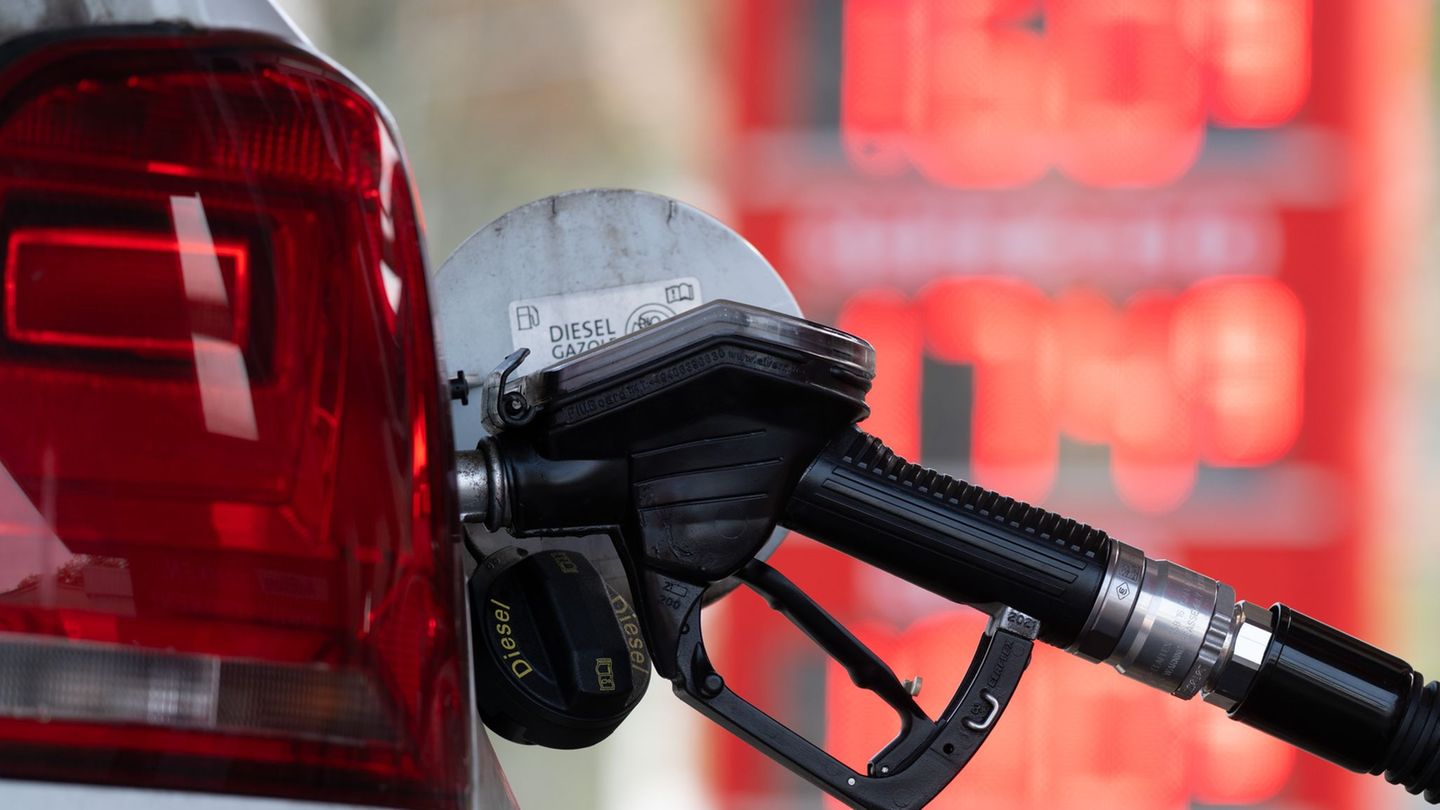Menu
Energy: Forecast: Energy consumption falls to new low
Categories
Most Read
More than 13 thousand people and 85 companies participated in the BA Employment Expo
October 17, 2025
No Comments
They warn that the tax burden on final prices of goods and services leaves companies out of competition
October 16, 2025
No Comments
After freezing spending, the Government achieved a primary fiscal surplus of almost $700 billion in September
October 16, 2025
No Comments
Imported goods jumped 9% after the dollar rose
October 16, 2025
No Comments
The discount that will save you hundreds of dollars on your trip: perfect for young people
October 16, 2025
No Comments
Latest Posts

Today in the Federal Council: Austria as a role model? What the fuel price proposal is about
October 17, 2025
No Comments
AngelicaI am an author and journalist who has written for 24 Hours World. I specialize in covering the economy and write about topics such as

More than 13 thousand people and 85 companies participated in the BA Employment Expo
October 17, 2025
No Comments
More than 13 thousand people participated this Thursday in the second edition of the year of BA Employment Expo, the most important job intermediation fair

Without a confirmed seat, Franco Colapinto is already thinking about 2026: “I am confident that we will have a fast car”
October 16, 2025
No Comments
October 16, 2025 – 20:47 The Argentine considered that to continue in Formula 1 next year he must “continue working and growing.” Facing a new
24 Hours Worlds is a comprehensive source of instant world current affairs, offering up-to-the-minute coverage of breaking news and events from around the globe. With a team of experienced journalists and experts on hand 24/7.

